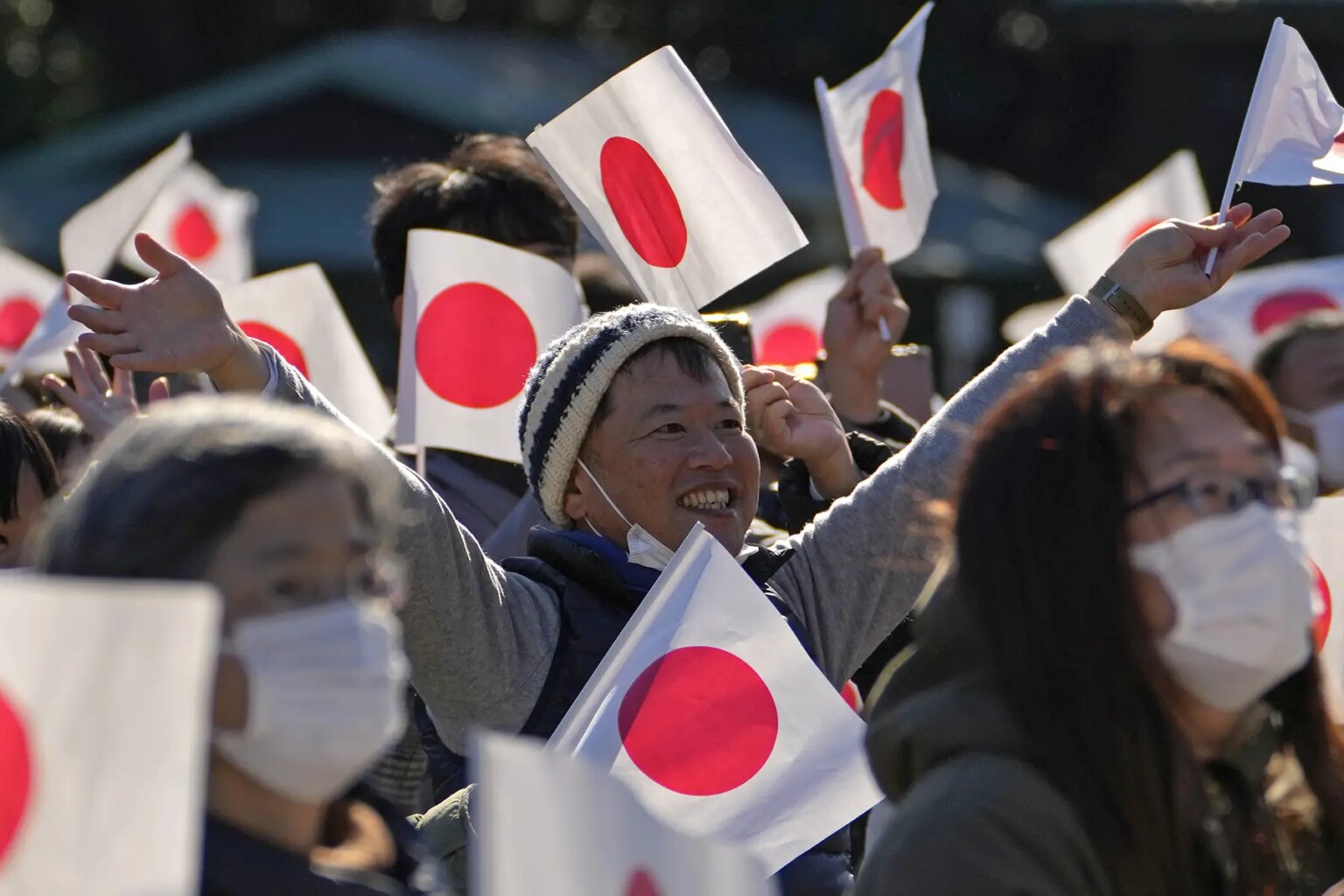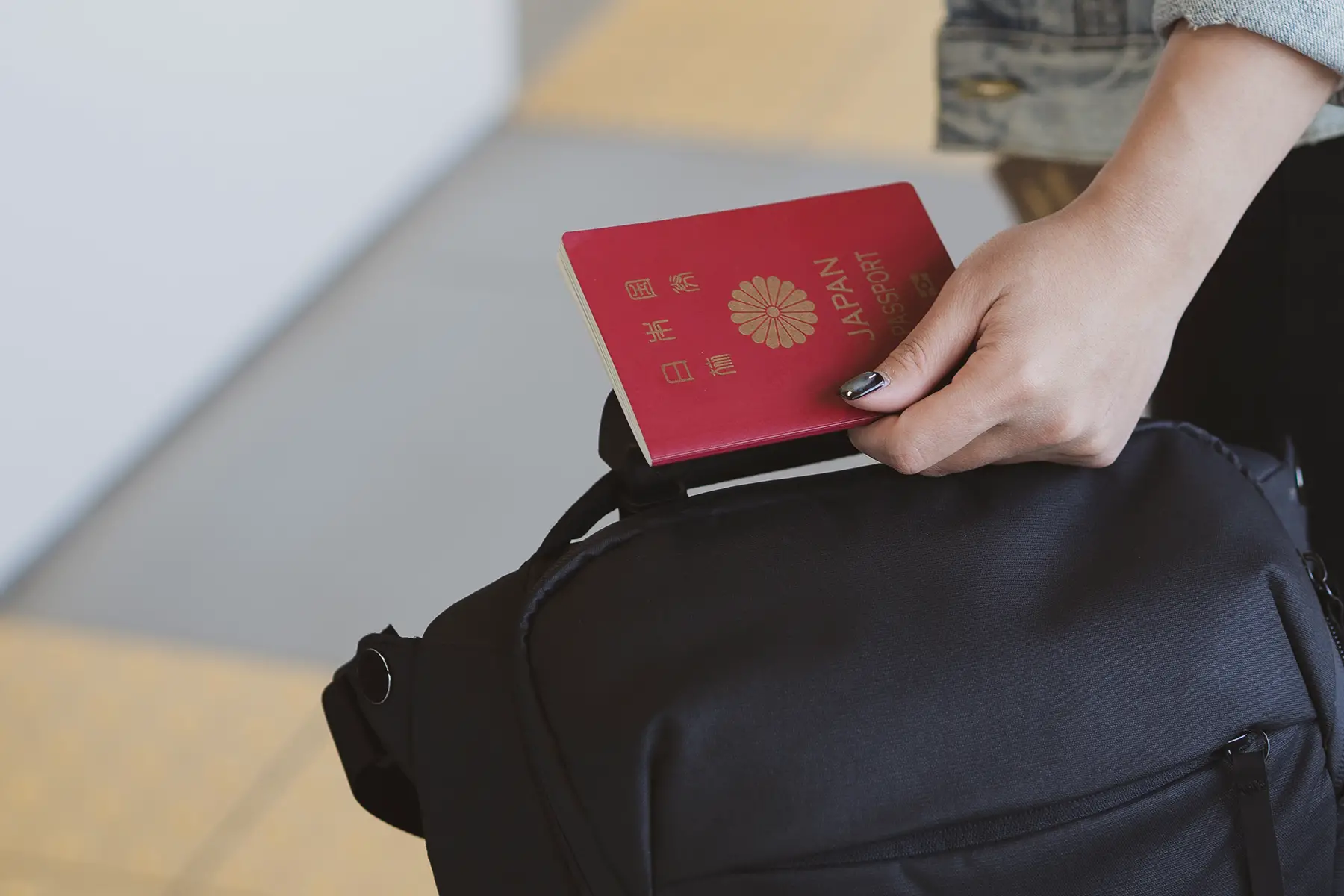Getting Japanese citizenship is notoriously difficult. When you move to Japan, you might find it relatively easy to get a visa, and obtaining permanent residency isn’t too complicated, either. However, becoming a Japanese national is a whole other ball game.
Demystify the process of applying for Japanese citizenship by exploring the following topics:
- An overview Japanese citizenship
- Japanese citizenship by birth
- Citizenship by descent in Japan
- Japanese citizenship through naturalization
- Citizenship by marriage in Japan
- Japanese citizenship by adoption
- Citizenship as a resident of an overseas territory
- Can you obtain Japanese citizenship as a refugee?
- Is there a citizenship test in Japan?
- Can you get a passport once you are a Japanese citizen?
- Is dual nationality allowed in Japan?
- Losing or renouncing Japanese citizenship
- Japanese citizenship appeals and complaints
- Useful resources
Preply
Immerse yourself in the language of your new country with Preply. This app and website matches learners with online tutors so you can follow live, personalized language classes. With 50 languages to choose from, and tutors all over the world, there’s a course for everyone. Check out Preply to start your language-learning journey today.
An overview Japanese citizenship
The Ministry of Justice (MOJ – 法務省) oversees citizenship in Japan, which is determined by jus sanguinis, the right of blood. In other words, children of ethnically Japanese citizens are eligible to become nationals, unlike jus soli, the right of soil. This means that people born in a country have the right to citizenship. In Japan, this is not the case.

There are no official exceptions or special cases, as Japan is strict about its criteria for citizenship.
Even though becoming a Japanese national can be a long and challenging process, applicants can follow a few routes, such as through:
- Birth
- Descent
- Naturalization
- Marriage
- Adoption
- Residency in an overseas territory
- Asylum/Refugee status
In 2022, Japan recorded around 2.9 million foreign residents (i.e., medium- to long-term), making up almost 2.3% of the country’s population of over 124 million people. However, it is unclear how many of these apply for citizenship. Historically, most people becoming naturalized Japanese citizens were ethnic Koreans (在日) who lived permanently in Japan.
Japan does not permit dual nationality, meaning that many immigrants, even permanent residents, do not seek Japanese citizenship as they may not want to renounce their original nationality.
Japanese citizenship by birth
As an international, if you have a baby in Japan, they will not automatically be entitled to Japanese nationality (i.e., jus soli). Only children with at least one native parent will acquire citizenship at birth (i.e., jus sanguinis).
There is a rare exception to this rule. If a child is born in Japan to parents who are stateless or have been abandoned, meaning their parents are unknown, they will automatically become a Japanese national.

A baby born to a Japanese mother will always be able to acquire citizenship at birth.
However, if only the father is Japanese, he needs to be married to the mother for the baby to become a citizen. If the parents are unmarried, the dad must legally acknowledge the child before birth. Otherwise, the child is not automatically Japanese.
However, the young person can later apply for citizenship through a process of nationality by notification, which still requires the father to acknowledge them before they turn 18.
How do you apply for citizenship through birth?
New parents in Japan will need to submit a Birth Report (出生届) within 14 days. You can find an online form on the MOJ website (in Japanese). The deadline is more generous if the baby is born abroad and has at least one Japanese parent. In this case, you have up to three months to submit the report.
To submit the Birth Report, you need a copy of your baby’s birth certificate and register your child’s name in Japanese katakana characters plus the English alphabet.
In addition, permanent residents who become parents in Japan should also file a residency application within 30 days of the birth on behalf of their child.
Citizenship by descent in Japan
You are eligible for this citizenship option until your 18th birthday. After that, you must follow the naturalization route.
Japan only recognizes citizenship by descent for a single generation. This is also known as ‘nationality by notification‘ under Japanese law and means you can become a citizen with at least one Japanese parent. However, if you have Japanese grandparents but your parents do not have citizenship, you cannot become a citizen by descent.
It is a relatively fast and easy process if you have all the required documents.
How do you apply for citizenship through descent?
You can become a Japanese citizen through descent in the following circumstances:
- A Japanese father (unmarried) acknowledging their child
- A foreign-born baby with at least one Japanese parent
If a child has a Japanese father and non-Japanese mother, who are unmarried, not in a relationship, nor have a custody agreement, they need paternal acknowledgment before they can apply for citizenship.
Alternatively, if a Japanese national has a baby abroad, they must register this birth with the Japanese authorities; otherwise, the child can lose their citizenship. If the parents fail to register the birth, the child can later apply but will need a permanent address in Japan.
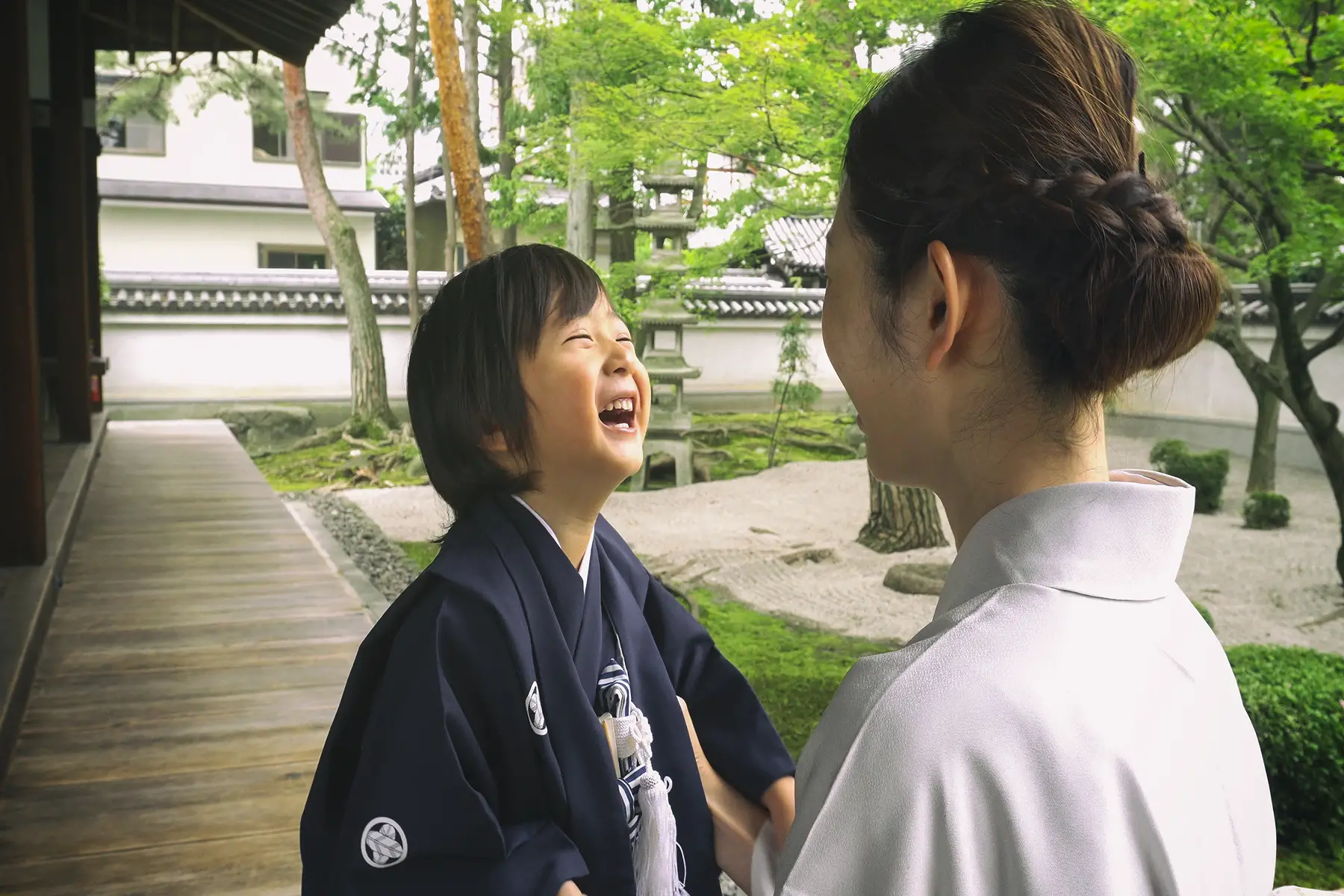
The child (or their legal guardian if younger than 15) must apply with the necessary documents to the MOJ to show that they meet the required criteria.
You can contact the Legal Affairs Bureau or Regional Bureau of Legal Affairs if you live in Japan. If you reside outside the country, you must visit the Japanese embassy or consulate. They will advise you on the exact paperwork needed, but it will include the following:
- A form of identification
- Proof of relationship to the Japanese parent
Japanese citizenship through naturalization
Who can become naturalized citizens?
The following candidates can apply for Japanese citizenship through naturalization:
- Permanent resident
- Spouse of Japanese citizen
- Adopted child of a Japanese citizen
- A resident of an overseas territory
- Refugees
The process and supporting documents are similar for all the above categories, but the required time applicants must have permanently lived in Japan differs. It is also easier to gain citizenship if you can prove some form of relationship with a Japanese national.
What are the legal requirements?
You need to meet several requirements – based on the Japanese Nationality Act (国籍法) – if you want to become a naturalized Japanese citizen:
- Domicile: you must have lived in Japan for at least five consecutive years, spending a minimum of 85% per year in the country. A student visa does not count, and frequent travelers may be disqualified or have to wait longer.
- Age: the minimum age limit (at application) has been lowered from 20 to 18 as of 1 April 2022
- Conduct: you cannot have a criminal record; even minor traffic violations may disqualify you. You must also be enrolled in the Japanese National Pension System (国民年金) and pay taxes.
- Livelihood: you need a stable income to cover your cost of living or be in a relationship with someone (or have parents) who can support you
- Nationality: Japan does not permit dual nationality; you must be willing to renounce your current citizenship
- The rule of law: you need to abide by the rules and regulations stipulated by the Japanese constitution (日本国憲法) and not be a member of any group planning to overthrow the government
Immigration interviews
Apart from supplying supporting documents with your application, immigration officials will also interview you to gather information about the following:
- Your country of birth
- Your immigration history – how and why you moved to Japan
- Your motivation for becoming a Japanese citizen
- Future plans for relocating abroad
How do you know if your application was successful?
After the MOJ grants you citizenship, they will place an announcement in the Official Gazette (官報) and issue your naturalization certificate. You must return your residence card and visit your local municipal office to create a family register.
How do you apply for citizenship through naturalization?
The process involves a few steps and takes between 10 and 12 months. You can start by submitting an application form in person to your local Legal Affairs Bureau (法務局) in Japan with supporting documents.

These include:
- Two passport photos
- Description of your relatives to create a family register (戸籍謄本) once citizenship is granted
- Proof of identification, including birth certificate, marriage certificate, residence card, passport, and driving license
- Academic qualifications
- A statement explaining why you want to become a Japanese citizen, handwritten in Japanese
- If employed, documents explaining your job, employment contract, salary slips, and resume
- If self-employed, details about your business, including financial records, business license, or company registration
- Details of your assets (e.g., bank statements, properties, investments, and securities)
- Tax returns
- Maps and addresses of your home and work
The application itself is free of charge. However, you might find it expensive to gather and translate all the required documents into Japanese.
Citizenship by marriage in Japan
When you marry a Japanese citizen, you can apply for a spousal visa. It grants you permission to live and work in the country but does not automatically qualify you for citizenship.
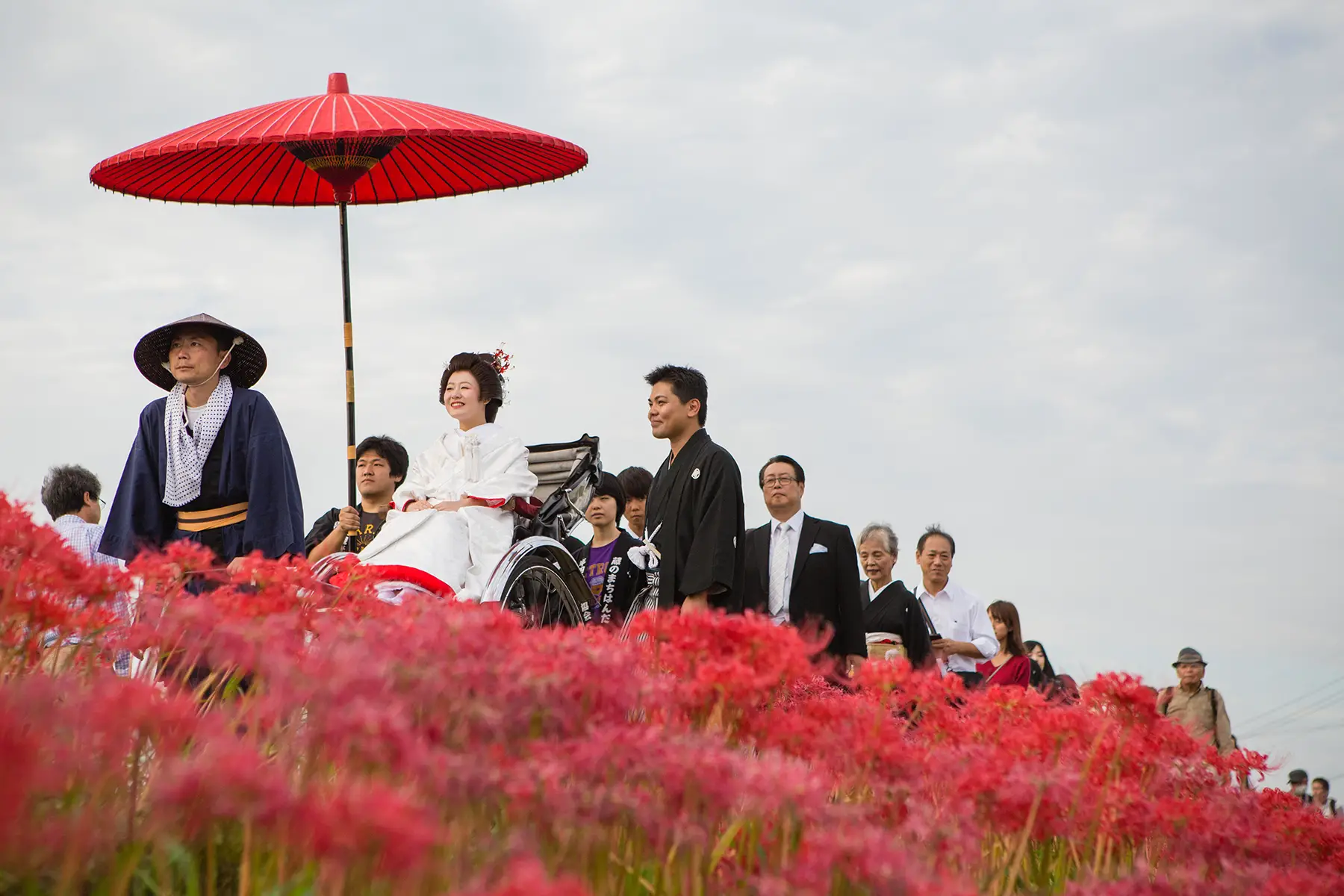
However, this relationship will be favorable when you apply to become a Japanese national through naturalization. The process is the same as for anyone else, except you can start your application after three years of residency instead of five.
Japanese citizenship by adoption
When a Japanese parent adopts a child, they do not automatically gain citizenship. Instead, they must first live in Japan for at least a year and have been a minor at the time of the adoption.
After residing in Japan for 12 months, their parents can apply for citizenship on their behalf via the naturalization process.
Citizenship as a resident of an overseas territory
There are no special processes for those born in Japanese colonies to apply for citizenship as they also follow the naturalization path. However, they often have the advantage of being permanent residents since birth, which makes it easy to fulfill the domicile criteria.
Can you obtain Japanese citizenship as a refugee?
Japan has only a small refugee quota per year. In 2022, 3,772 people applied for asylum, but the immigration authorities only approved 202 applications. This process takes an average of four years.
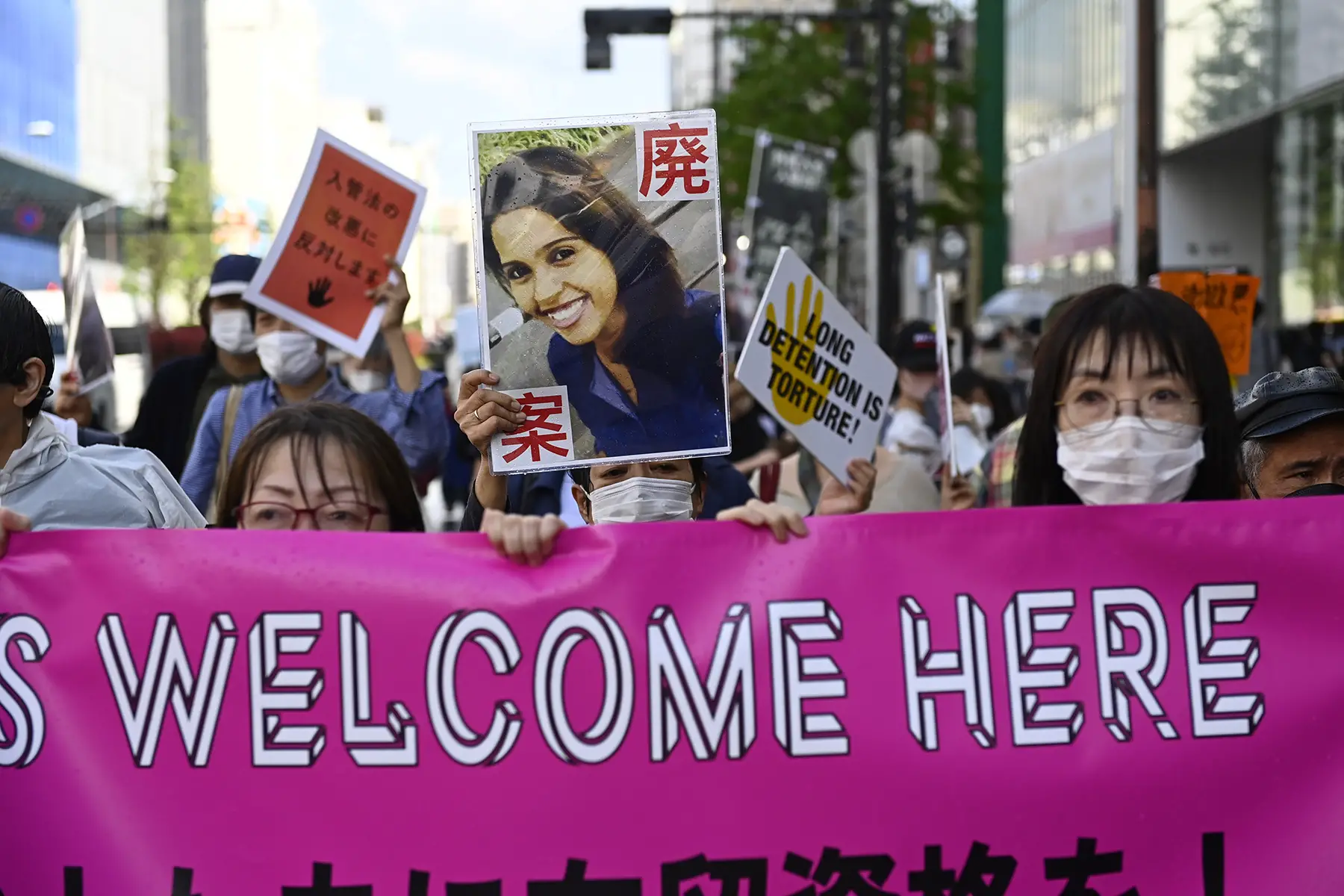
A resident with refugee status does not enjoy any privileges when it comes to the naturalization process. However, if a stateless refugee has a baby in Japan, the child may be granted Japanese citizenship.
Is there a citizenship test in Japan?
There is no citizenship test assessing your knowledge of Japanese history, culture, and society; but during the immigration interviews, you must demonstrate a reasonable level of Japanese language skills. You must also provide a handwritten statement in Japanese explaining why you want to become a citizen.
Can you get a passport once you are a Japanese citizen?
Once you are a Japanese national, you can apply for your passport. If you live in the country, you submit a request to the Ministry of Foreign Affairs (MOFA – 外務省), and if you reside overseas, you must visit the Japanese embassy.
Application fees vary between ¥6,000 and ¥16,000 depending on the validity period and whether it is for a child or an adult.
The application process usually takes between five days and two weeks. However, it may take longer for your first Japanese passport to be issued. So, if you plan to travel as a new Japanese citizen, allow some time before booking your tickets.
Is dual nationality allowed in Japan?
Japan does not permit dual nationality for adults older than 22, which has recently sparked debate in the public discourse as dual citizenship has become more common worldwide. If you have had dual citizenship as a minor, by law, you must select one and renounce the other between the ages of 20 and 22. If you fail to choose, you will lose your Japanese citizenship.
If you want to keep your Japanese nationality, you must submit proof to the Legal Affairs Bureau that you have given up your other citizenship.
Losing or renouncing Japanese citizenship
Your Japanese citizenship will automatically be revoked if you take a second nationality. Since 1985, more than 25,000 Japanese citizens have renounced their nationality to become citizens of another country.
You must write to the Legal Affairs Bureau to give up your Japanese nationality and include supporting documents proving that you have taken another citizenship so as not to become stateless.

If you wish to regain your Japanese nationality after renouncing it, you must go through the naturalization process.
Japanese citizenship appeals and complaints
If you want to appeal the outcome of your application, you should contact the Legal Affairs Bureau to find out the correct procedure, as there is little published about complaints due to a lack of need.
There may be a few reasons for this lack of information. For example, many permanent residents do not apply for citizenship as they hesitate to renounce their original nationality. Due to the complexity of the application process, many may also not see it through, but most applicants that complete the process acquire citizenship eventually.
Useful resources
- Ministry of Justice – Q&A about getting Japanese citizenship
- Ministry of Justice – information about choosing a nationality for dual citizens
- Ministry of Foreign Affairs – information about different visas in Japan
- Japanese Association for Refugees – organization for refugees in Japan
